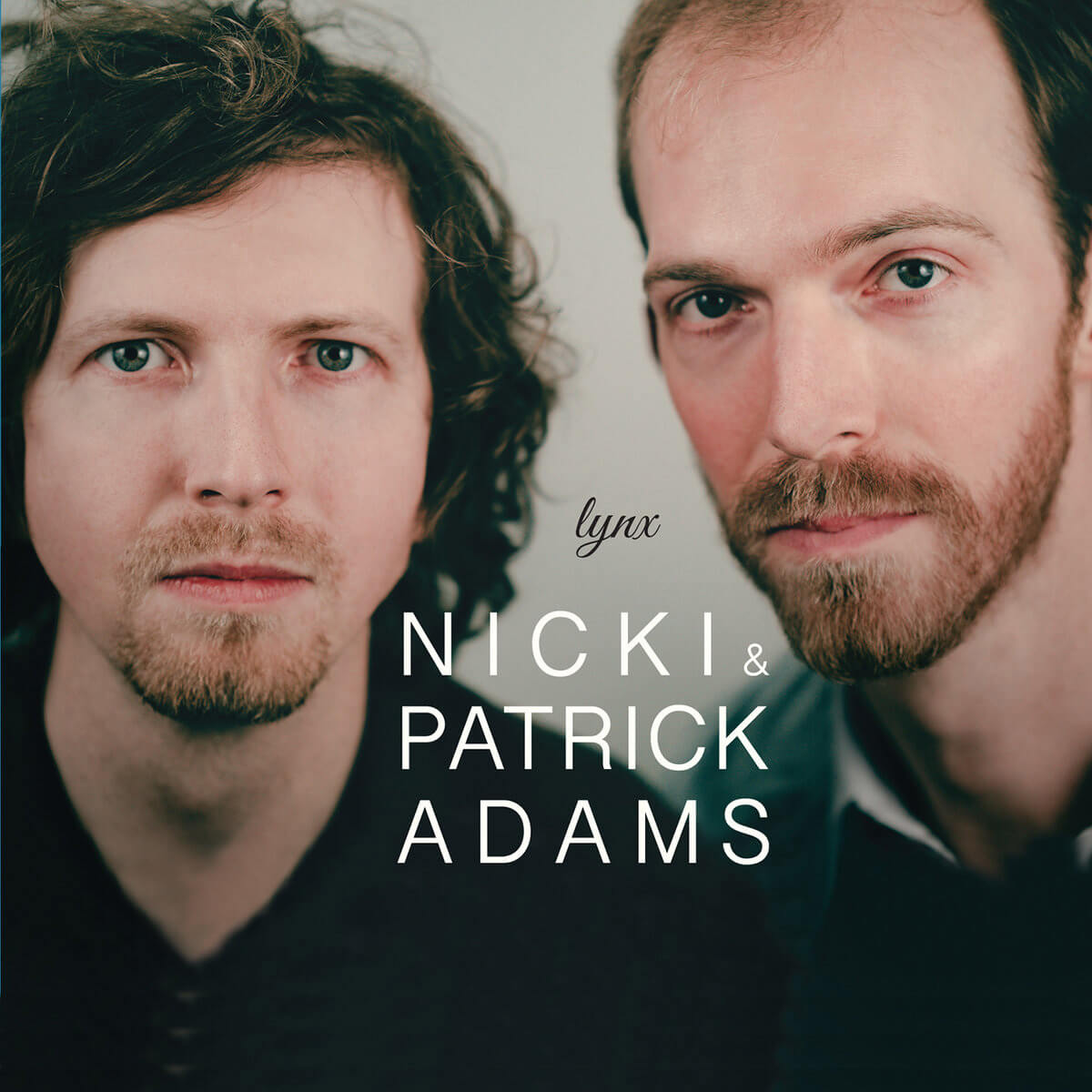As I type this shortly after Christmas, I’m already listening to 2021. And man it sounds good.
I try not to be a person who depends on hope, and that negative capability is one of the things that helped keep me (mostly) rational and above water through 2020. Hope for the best, prepare for the worst? More like, expect the worst and work with what is, not what you wish would be.
That we now have a coronavirus vaccine hasn’t changed my outlook, because Mitch McConnell is still in the Senate and the centrist/liberal wing of the professional class still tells us that we can’t have nice things, because only people who already have money deserve money. That’s the American way, and a new president is unlikely to change that.
But I do admit I hope 2021 will be better, and I’m being daring enough to even expect it to be so, though that’s still going to require patience. It looks like places like the Metropolitan Opera made a wise call when they cancelled their entire 2020-21 seasons with the anticipation of both a vaccine arriving and the propagation of same through the population hitting a meaningful percentage, so that the 2021-2022 season can begin sometime in the late summer or early fall of this year. The vaccine is good news, the possibility of a future is good news, but it still means that we have to wait another five or six months, at least, before we can go to an indoor concert, sit in a club, have a drink at the bar while a band plays on the stage.
I have faith that jazz can hang in there until then. As sad as it was to see that the Jazz Standard was closing their doors on East 27th Street, I’m amazed that this was the only jazz club to truly shutter in 2020, I did expect many more to go under. Can they last for another six months? (It’s important to note that the Jazz Standard is not necessarily lost to time, just that they couldn’t keep paying the rent on their current space, and their announcement had some shaded optimism that they’d be able to reopen someplace else.) Jazz is a resilient music, an art form born of a people who had to be more resilient than everyone else, just to survive, who had to keep looking past the horizon while dealing with the here and now. And if the recordings I’ve heard that will be coming out in early 2021 are an indication, and I’m sure they are, jazz, at least in musical terms, is going to be as strong as ever in the new year.
I’m not just talking about the typical solid jazz album, a modern post-bop compendium of new tunes and arrangements of standards, the kind of thing that’s the musical equivalent of a good Major League baseball player—not a star but the kind of guy you want on the team who will help you win. I’m talking about music that is very much 2020-21, building on the past to make music that engages with the present moments and their future ramifications. Here’s some recordings I’m excited about, ones that have grabbed my attention and that feel like will be in my ears throughout the year:
- Nicki & Patrick Adams, Lynx (Sunnyside). Brothers Nicki (piano) and Patrick (trumpet) make their duo debut with this album. There’s the cliché of familial communication laid over this, but what I find fascinating about this album is how it seems like the two brothers are speaking different languages, yet making it work. Through a very hip set of tunes (including Miles Davis’ “E.S.P.,” Herbie Hancock’s “Absolute Proof,” and Nick Drake’s “Things Behind the Sun,” Patrick plays some throwback trumpet against Nicki’s modernist pianism. Patrick’s phrases are on a different foot, right out of classic swing era styles, while Nicki plays aggressive, straight eighth-notes, intense against Patrick’s mellower demeanor. How it works is a mystery, yet work it does. This is a compelling album.
- Francisco Mela, MPT Trio, Vol. 1 (577). Drummer Mela leads this group, with tenor saxophonist Hery Paz and guitarist Juanma Trujillo, and together they produce a style of jazz that is heard so infrequently that it might as well be something entirely new: free latin jazz. That’s not even a fair way to put it—there’s a ton of group interplay and freedom in this music, and Paz very much comes out of the post-Ayler/Sanders school, but this is not riffing off of merengue or clave material. The latin flavor seems more from the Southwest than the Caribbean, and there’s as much grunge and even metal in the concept as anything else. Consistently surprising and imaginative, soulful and expressive, this is a refreshing update on free jazz.
- Michael Wimberly, Afrofuturism (Temple Mountain). The promotional materials on this one tell me that percussionist Wimberly’s album is “Pop, West African.” To which, I can only quote Joe Biden in response to my esteemed colleague, “come on, man.” The opening riff is a quote from “You Know, You Know,” from the Mahavishnu Orchestra’s 1971 debut, The Inner Mounting Flame. Fusion has been an integral part of jazz for 50 years, and Afrofuturism is a fusion of jazz-rock and hip-hop, with R&B and other elements, and that’s jazz, baby, and Afrofuturism. And it’s also fantastic. This album is ultra-stylish and smart, it works on the head and the hips, and is packed with with superb taste and musicality. I don’t think I’ll hear a better-made album this year.
The music lives as long as the musicians do. As long as they can pay the rent, somehow, and put dinner on the table, in some way, this art of the here and now and the past and the future is going to keep thriving even when times are hard. That jazz is even less economically viable than classical music yet is so much more relevant to the times and to daily experience makes it the most valuable, and admirable, art music we have. Enjoy the records, there’s more good ones to come.
Author
-

George Grella wrote the book on Miles Davis’ Bitches Brew. He write other stuff too. killyridols.substack.com/
View all posts
George Grella wrote the book on Miles Davis’ Bitches Brew. He write other stuff too. killyridols.substack.com/










